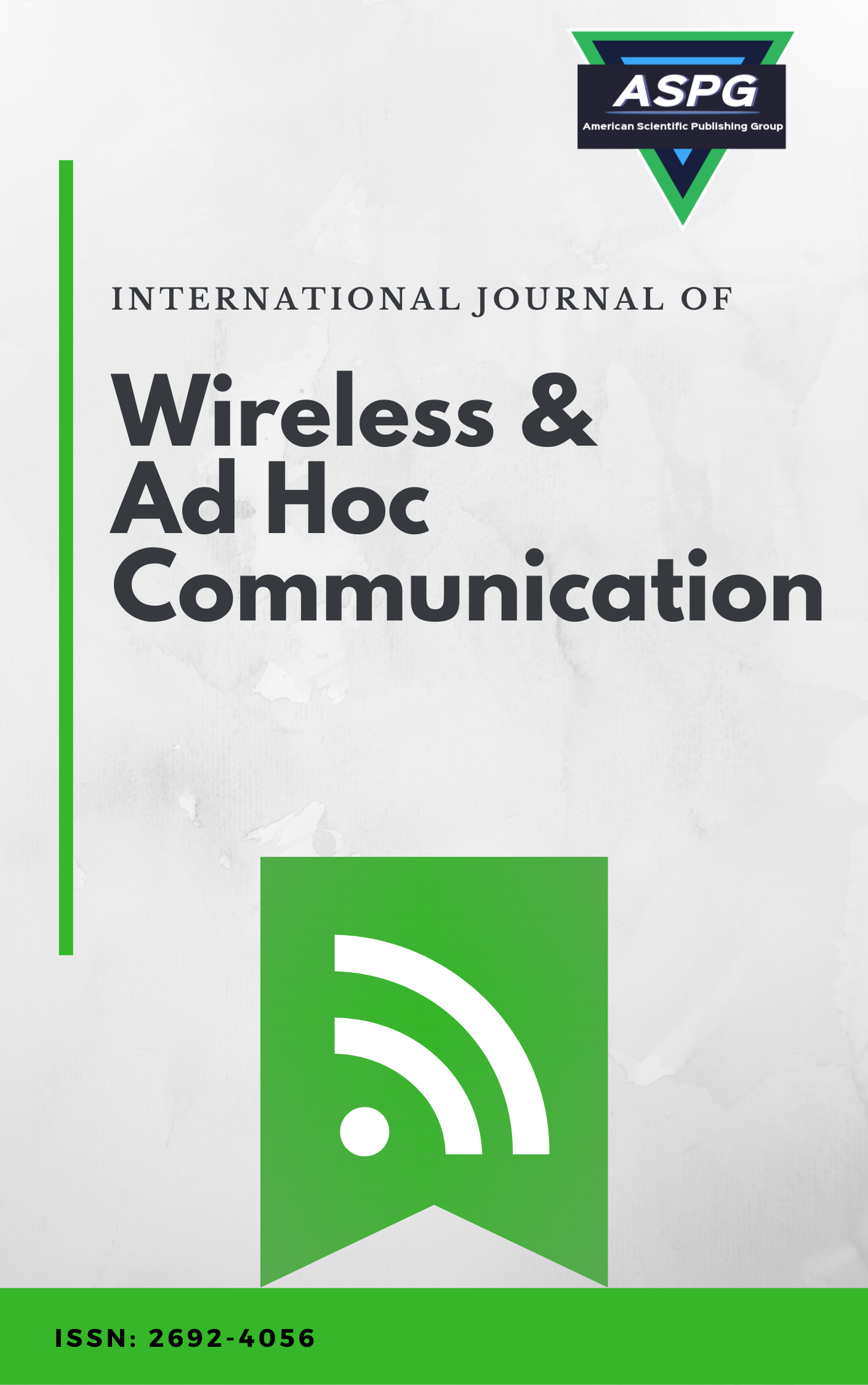

Generally, in smart cities, a group of sensing devices, cameras, data centers will exist that enables the civilian administrators to offer needed services in a rapid and efficient way. The effective usage of advanced technologies assists to the creation of intelligent transportation, smart healthcare, smart buildings, and so on. In case of smart building, holds the nature of gathering rainwater for future system, smart control, the probable enhancements allowed by the sensing technologies is high. The ubiquitous sensing offers various limitations which are technical or social in nature. In this chapter, an explanation of the different concepts involved to the topic of sensing in smart cities is provided. This chapter comprises a brief history, sensing platform, sensing technologies, challenges and its applications in a broader view. At the end of this chapter, it will enable the readers to clearly understand the concept of advanced sensing technologies in smart cities.
Read MoreDoi: https://doi.org/10.54216/IJWAC.010101
Vol. 1 Issue. 1 PP. 05-15, (2020)
Wireless sensor network (WSN) is an integral part of IoT and Maximizing the network lifetime is a challenging task. Clustering is the most popular energy efficient technique which leads to increased lifetime stability and reduced energy consumption. Though clustering offers several advantages, it eventually raises the burden of CHs located in proximity to the Base Station (BS) in multi-hop data transmission which makes the CHs near BS die earlier than other CHs. This issue is termed as hot spot problem and unequal clustering protocols were introduced to handle it. Presently, some of the clustering protocols are developed using Type-2 Fuzzy Logic (T2FL) but none of them addresses hot spot problem. This paper presents a Type-2 Fuzzy Logic based Unequal Clustering Algorithm (T2FLUCA) for the elimination of hot spot problem and also for lifetime maximization of WSN. The proposed algorithm uses residual energy, distance to BS and node degree as input to T2FL to determine the probability of becoming CHs (PCH) and cluster size. For experimentation, T2FLUCA is tested on three different scenarios and the obtained results are compared with LEACH, TEEN, DEEC and EAUCF in terms of network lifetime, throughput and average energy consumption. The experimental results ensure that T2FLUCA outperforms state of art methods in a significant way.
Read MoreDoi: https://doi.org/10.54216/IJWAC.010102
Vol. 1 Issue. 1 PP. 33-46, (2020)
The relevance of the study is that globalization and the integration of the international economy provide excellent opportunities for economic development through international trade and investment. It is necessary to make the product and services more competitive. One of the factors determining the competitiveness of trade is how quickly and how economically the goods can be delivered. The competition in the logistics industry is continually growing, which forces participants to improve their efficiency, improve quality and reduce costs. In these conditions effective IT solutions are vital tools for logistics and the ability to manage the logistics processes in the business environment in the context of globalization is a factor of competitiveness. Within the framework of this paper, the existing business processes of cargo delivery were described. The study of the process of interaction of international supply chain participants made it possible to identify the ineffectiveness of existing processes to understand what can be replaced and corrected with the introduction of blockchain technology. The main reason of inefficiency is the low level of business processes digitalization. The cases of existing blockchain projects for the logistics industry were investigated. The article provides possible cases of using blockchain for the logistics industry.
Read MoreDoi: https://doi.org/10.54216/IJWAC.010103
Vol. 1 Issue. 1 PP. 16-25, (2020)
A MANET is a self-conFigureuring system of mobile hosts connected by wireless links. The routers are free to move randomly and organize themselves arbitrarily; thus, the network's wireless topology may change rapidly and unpredictably. Routing is the process of exchanging information from one station to the other stations of the network. Multicasting is a popular mechanism for supporting group communication. In a multicast session, the sender transmits only one copy of each message that is replicated within the network and delivered to multiple recipients. This multicast routing is highly deal with self-organized network in recent days due to its broadcast characteristics. However, devising multicast protocols to provide group communications in mobile ad-hoc networks is significantly more complicated, because of the wireless medium, changing topology, battery power and available bandwidth as well. This paper, evaluates two prominent on-demand multicast routing protocols for group communication, namely, Multicast Ad hoc On-Demand Distance Vector (MAODV) and On-Demand Multicast Routing Protocol(ODMRP) as increasing number of multicast sources and receivers in both single-active multicast group and multi-active multicast group in the network.
Read MoreDoi: https://doi.org/10.54216/IJWAC.010104
Vol. 1 Issue. 1 PP. 26-32, (2020)
Mobile adhoc network (MANET) comprises a network of mobile nodes, which communicates with one another through wireless connections. Reliability, energy efficiency, congestion control and interferences are the problems faced with the traditional routing protocols in MANET. Routing defines the process of identifying the optimal paths between two nodes in the network. For resolving these issues, several multipath routing techniques have been presented. This paper assesses the performance of the two bio-inspired multipath routing techniques namely Energy-Aware Multipath Routing Scheme based on particle swarm optimization (EMPSO) and PSO with fitness function (PSO-FF) algorithms. These two algorithms are compared and the results are investigated under several performance measures. The simulation results stated that the PSO-FF algorithm has shown better results over the EMPSO algorithm under several measures.
Read MoreDoi: https://doi.org/10.54216/IJWAC.010105
Vol. 1 Issue. 1 PP. 47-56, (2020)